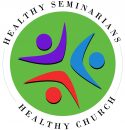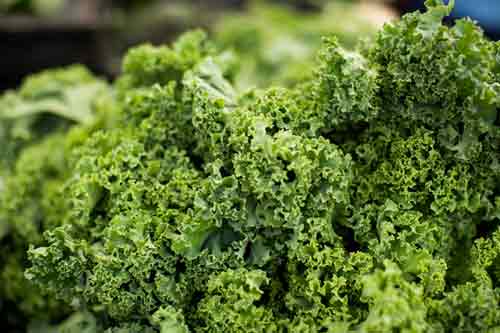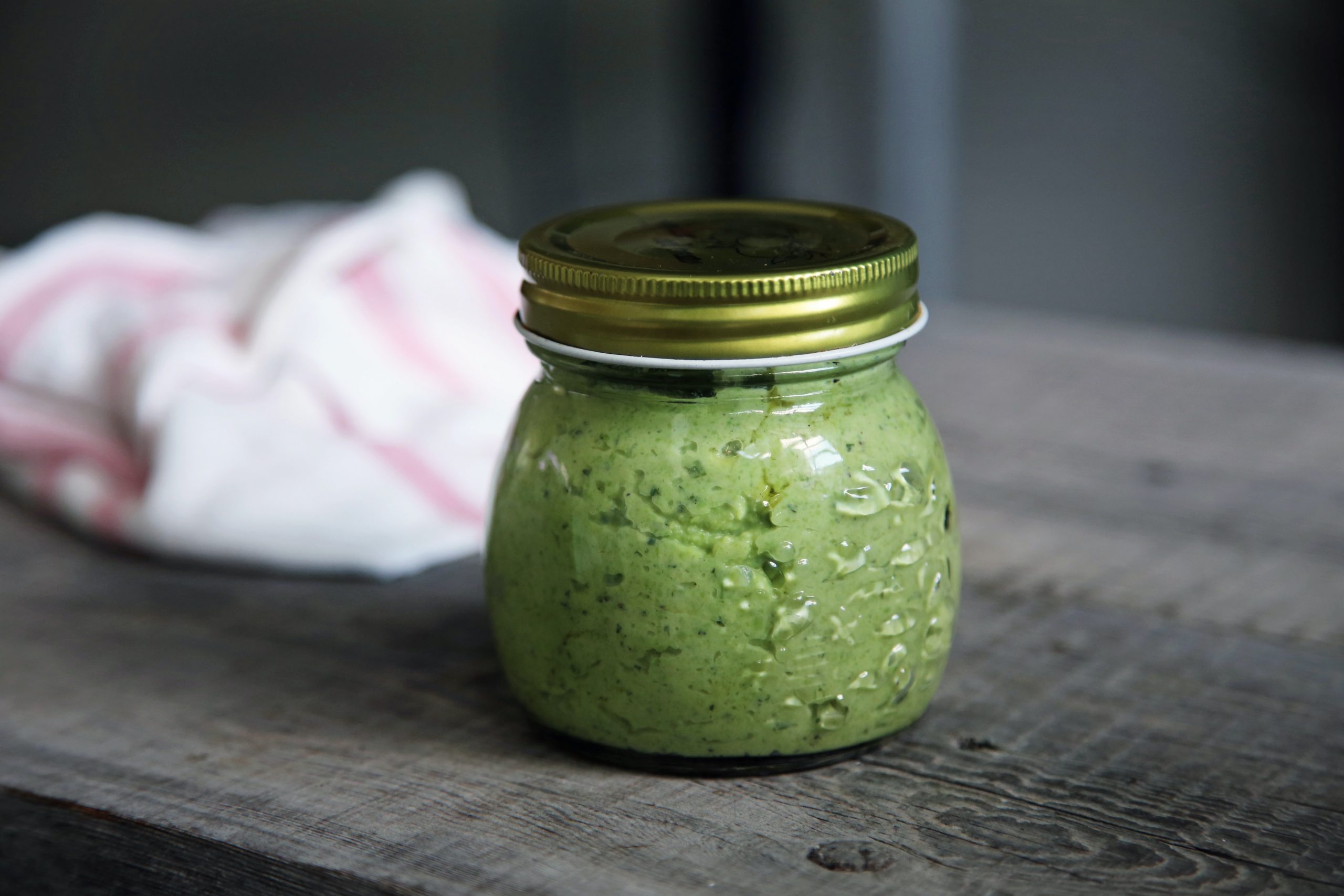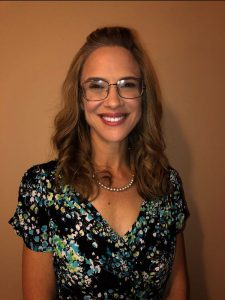Ingredients:
Berries:
- 3 cups (444 g) fresh blueberries
- 1 tsp lemon or lime zest
- 2 tbsp lemon or lime juice
- 2 tbsp coconut sugar
Biscuit Topping:
- 3/4 cup unbleached all-purpose flour, or a mix of whole wheat and all-purpose
- 3 tbsp almond flour, or use more flour to make nut-free
- 1¼ tsp baking powder
- 1/3 tsp sea salt
- 1/4 cup sugar
- pinch of nutmeg
- 3/4 cup full-fat coconut milk (half coconut cream and half thin milk from a can)
Directions:
- Preheat the oven to 375°F. Add blueberries to a baking dish ( 8-9 inch) or cast-iron skillet. Add lemon zest, juice, sugar, and mix well to coat.
- In a bowl, add the flour, baking powder, salt, sugar, and spice and mix well.
- Add 1/2 cup of the coconut cream+milk mixture and mix in. Add more milk a tbsp at a time to make a thick muffin-like mix (see substitutions).
- Drop spoonfuls of the thick batter on the blueberries. Spread a bit to cover most but not all of the berries. Place the skillet on a baking sheet to catch any spill. Sprinkle a tsp of coconut sugar/other sugar on the batter (optional).
- Bake for 35 mins. Broil for half a minute for browning if needed
- Remove from the oven, let sit for a few mins. Serve with ice cream or whipped coconut cream.
- Refrigerate (after cooling completely) for up to 3 days.
Substitutions:
- Almond flour can be subbed with more all purpose flour.
- Coconut milk: use alternate non dairy milk such as almond or soy and add 1-2 tbsp oil or vegan butter. Mix in butter into the flour mix until crumbs, then add milk.
- Gluten-free: Use any gluten-free blend of choice or use this following mix: Mix 1/3 cup white rice flour/oat flour, 1/2 cup almond flour, 3 tbsp potato starch or a mix of tapioca and potato. Use 1 cup of the flour mix (skip the additional almond flour used with regular flour), and add more as needed.
- Nutrition is for 1 serve without the ice cream or whipped cream
Recipe adapted from Veganricha.com




 “I was intrigued to learn about Healthy Seminarians-Healthy Church’s online small- group program last fall. Working in a trauma-based ministry where every need feels absolutely immediate, I have seen many gifted caregivers exit the field early and exhausted.
“I was intrigued to learn about Healthy Seminarians-Healthy Church’s online small- group program last fall. Working in a trauma-based ministry where every need feels absolutely immediate, I have seen many gifted caregivers exit the field early and exhausted.